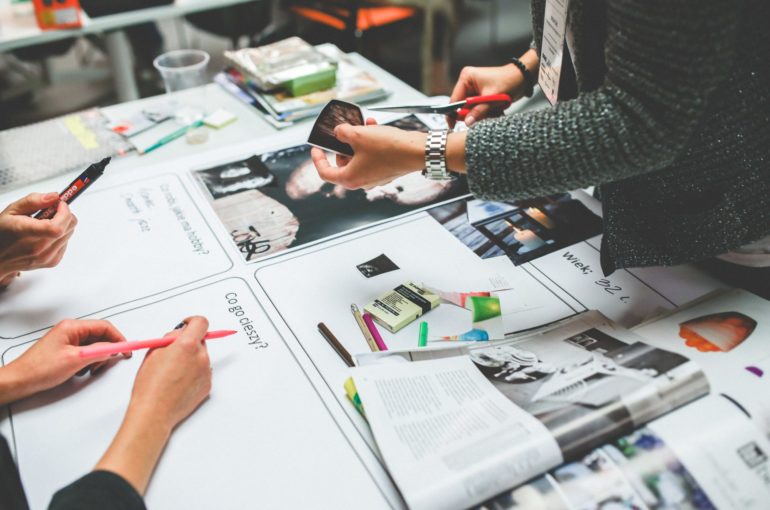10 Quick learnings from our Positive Impact Creators

In our Positive Impact Creator series, we already spoke to many different brands and organizations that want to stimulate others to evaluate their own impact potential. From fashion to food to technical solutions and beyond. Entrepreneurs in every sector should start analyzing where they can make a difference. Whether you’re a world-improver or just getting started, it’s about the steps you make towards a better future. What are the key lessons we learned of these impact creators so far?
Innocent Drinks:
“Continuously look for the right balance between being commercial and acting responsible”.
There will be many roadblocks on the way and even if everyone will tell you your idea won’t work, you should stick to what you truly believe and fight for the positive impact you can create as a brand.
Kromkommer:
“Tell the sustainability story behind the product, that will make consumers more open to the product and its context”.
As a brand and movement, they try to close the quality perception of consumers, because they don’t see quality beyond looks yet. We do this with stories, too. Then people get more and more aware of the impact they can make with their decisions.
WasteBoards:
“Fully believe in your product and actually put your money where your mouth is”.
It’s inspiring to see that value can be created from waste: learn and show people that waste doesn’t really exist. It’s a matter of perspective.
Marie-Stella-Maris:
“Give your pursuits a twist and communicate what you’re doing in a more creative way”.
That’s how Marie-Stella-Maris is being transparent about their social contribution in a special way: with beautiful pictures of her projects.
WakaWaka:
“Think and focus on local circumstances too, when relevant. This matters if your brand is focused on a social contribution in a developing country for example”.
WakaWaka wants to empower local communities and stimulate them to become self-reliant. This is done by focusing on the creation of inclusive business model.
G-Star:
“Start seeing sustainability as a condition for doing business”.
Therefore, broad integration and transparency are key elements. Consumers want to know the real story behind products, so that they can make informed and conscious decisions of where they invest in with their consumption.
Senfal:
“Facilitate sustainable thinking with technical solutions”.
We should open our eyes and think about innovative technical solutions. The main problem with green energy for example, is irregularity of supply. By creating smart software, you can take away the barriers of green energy consumption.
Kuyichi:
“Throw the ‘uniqueness’ of sustainability overboard: this should fade. Together, we should fight for making sustainability the norm instead of a unique selling point”.
This starts at reversing and change mindsets. When this is done, we can start accelerate sustainable thinking.
SOON:
“Connect young innovative entrepreneurs to older, experienced knowledge. This can generate great impact”.
There’s so much to learn from these groups, so together they can take it to the next level.
Nature Lab:
“Get out of your comfort zone and break the pattern of repeated thinking and behaving”.
By getting out of our comfort zone and into nature, we can motivate ourselves and stimulate creative problem solving to existing problems.
At Rainbow Collection we believe that brands can make a meaningful change, as long as they integrate sustainability into their brand and business. Start creating impact today, no matter on what scale. Getting started is what matters most. Are you looking for the right tools and the right people to help you? Don’t hesitate sharing your challenges and your ideas with us. We’re looking forward to hear from you!